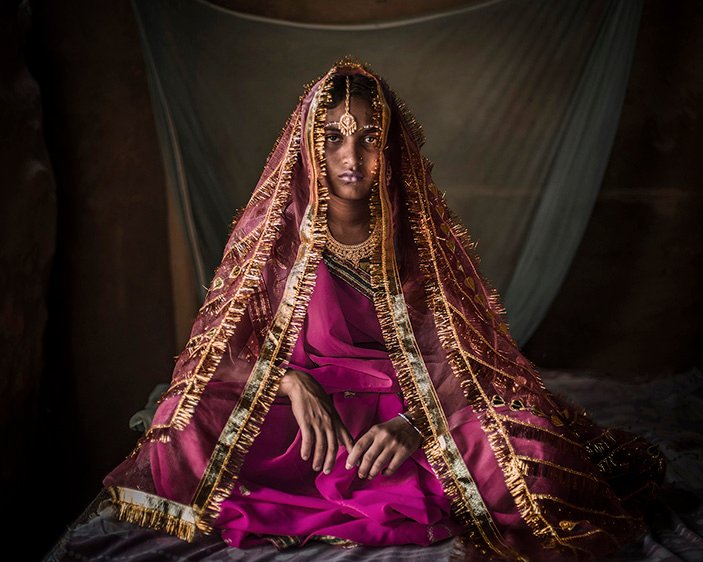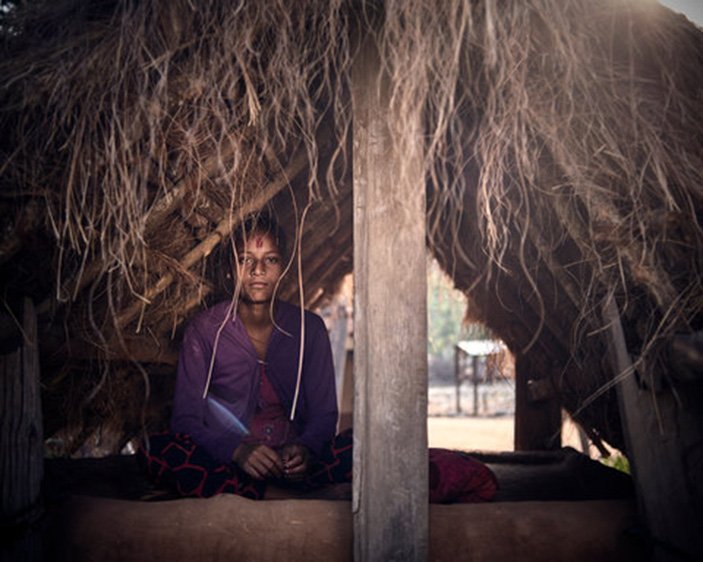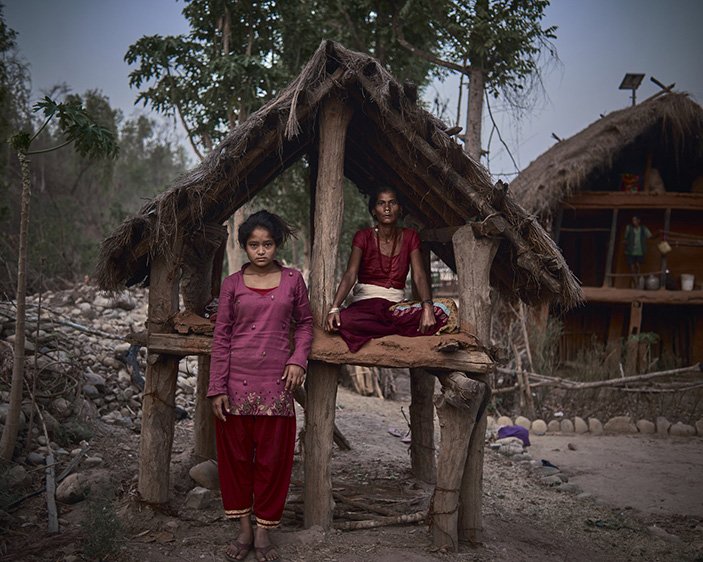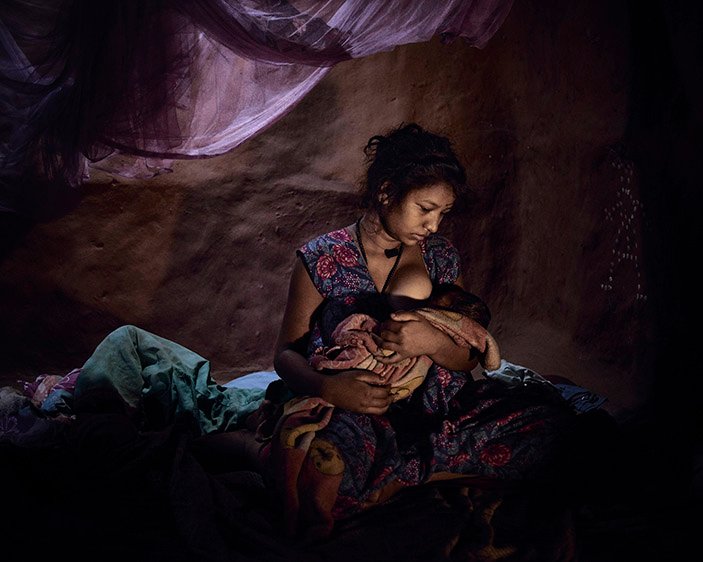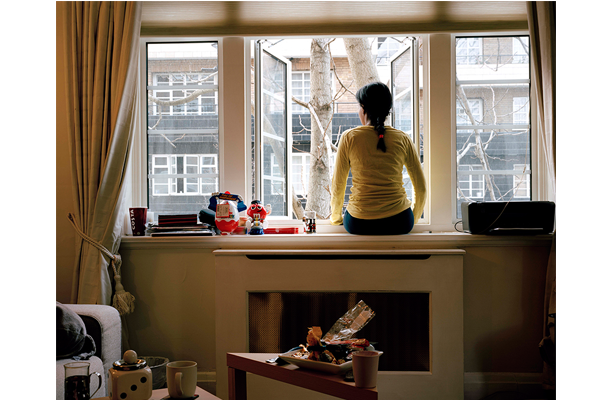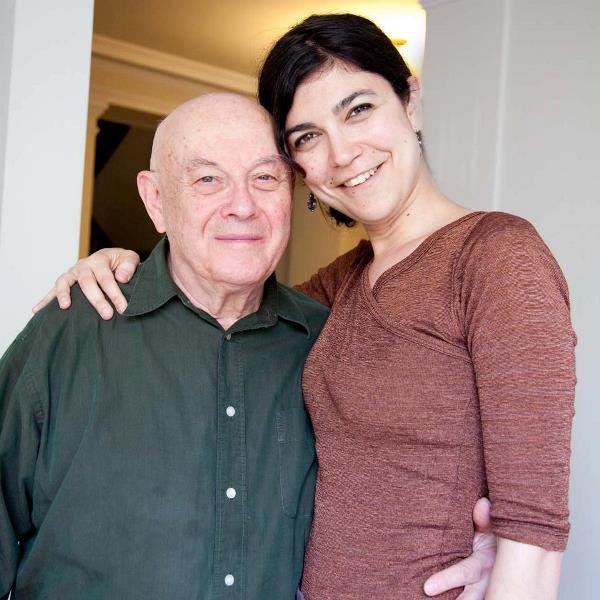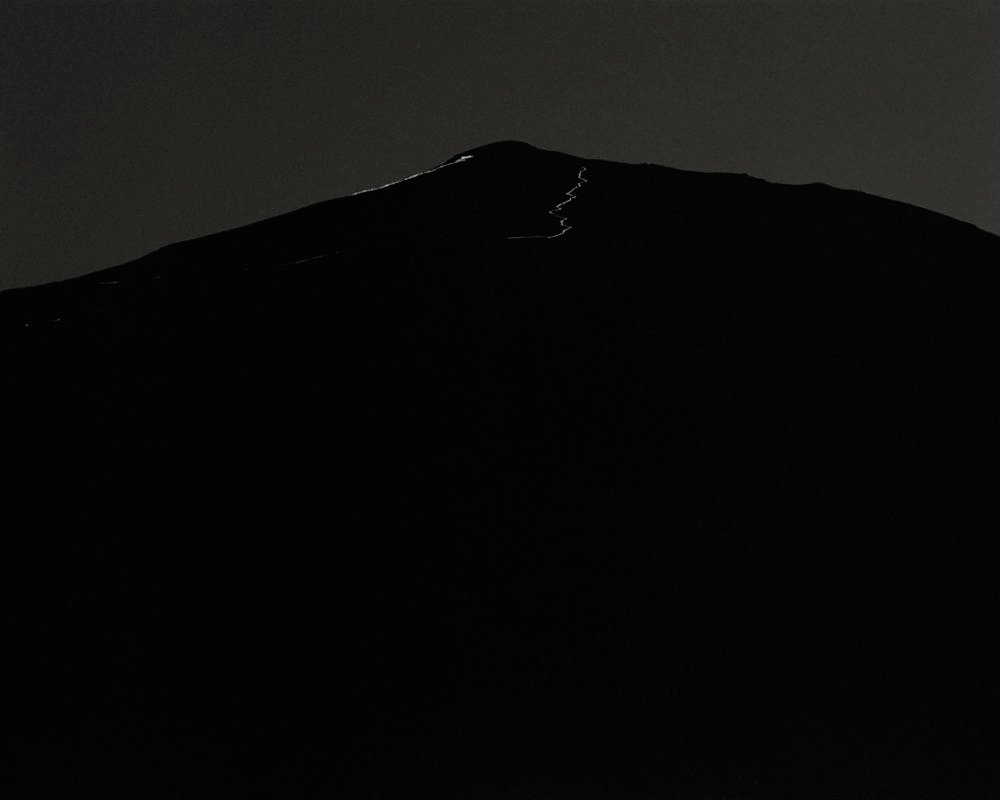Nepal –
“It’s dark, and there is no light. I feel so scared someone might come.” Radha is only 16 but once a month she is exiled in a makeshift hut deep in the forests of mid western Nepal. Her only crime is that she is menstruating. Radha is an untouchable, an ‘impure’ polluting agent, to be feared and shunned as, during menstruation, she will bring bad luck and calamity on her community.
A Ritual of Exile is an ongoing project documenting the dangerous rituals and practices, which subjugate women throughout South Asia, under the guise of religion. These practices are sometimes seen as benign and are blindly followed with the participants unaware that they are perpetuating a centuries old gender divide. The reasoning is superstitious and linked to traditions within Hinduism.
As an Indian woman I saw ritual and violence in my own house. I witnessed first hand how seemingly benign practices subtly enforce a patriarchy that denies the individuality of women and prevents them from living alongside men as equals.
The first and last pictures in this presentation are from the series on child widows with those in between looking at the practice of chaupadi, both in Nepal. Both issues are linked by an understanding of menstruation as something essentially impure.
The issue of child widows occurs when young girls are wedded to older men who often die whilst these women are still teenagers, leaving them destitute with one or more children. They are wedded most often before they start to menstruate, when they are considered pure, as to do so, will ensure that their family ascends to heaven.
As widows, the women are viewed with suspicion by the wider community, as to loose their husband means that they are suffering for some sin committed in a past life.
The Hindu scripture, the Vedas, is clear on this point. For the rest of their life they must continue to repent for these sins, wearing no colour but white, the colour of mourning and forgo meat, fish, party invitations, family gatherings; they cannot remarry, they must not leave their homes nor look men in the eye. The men say their gaze bring bad luck.
Chaupadi involves girls and women being made to live in makeshift huts while they’re menstruating. Nepal ruled the practice illegal in 2005, but the decision hasn’t trickled over to the ex-Maoist district of Surkhet and Achham in the far west, only reachable by foot, where it began and remains widely observed.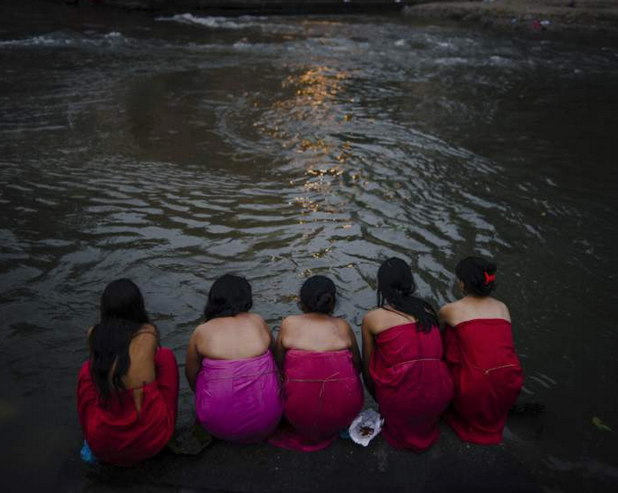
It is often the case that rituals practiced in urban environments are viewed as something to celebrate, divorced from a wider culture context and the more brutal practices found in rural area when, in fact, they are interrelated with one reinforcing and legitimizing the other.
This can be clearly seen in the Rishi Panchami festival which takes place in Kathmandu and of which, I have included photos. It is a festival that commemorates a woman who was reborn as a prostitute because she didn’t follow menstrual restrictions.
Across the subcontinent ritual plays a huge role creating negative gender stereotypes; how rituals perpetuates ignorance of the needs of women and denies them their basic rights which ensures their existence is bounded within patriarchal structures. This affects not only their physical but mental health as it has damaging consequences for their self esteem. As long as these issues remains taboo, women will never be fully empowered.
Poulomi Basu’s “A Ritual of Exile” was recently presented by Manik Katyal at FotoFestiwal, Poland, Hamburg Trinalle, Germany and PhotoIreland, Ireland as part of the “Asian Night of Photography“.
